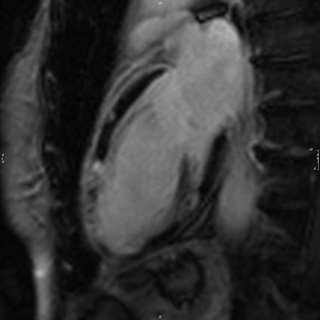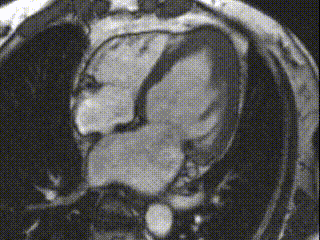Medical College of Wisconsin Cardiac MRI
The MCW Cardiac MRI Imaging Group offers unique quality and expertise in the domain of cardiac MRI imaging. This is a collaborative group consisting of both cardiologists and radiologists who hold weekly joint imaging conferences to assure the highest standard of image interpretation.
Leadership
View Jason C. Rubenstein, MD, FACC, FHRS bio


Meet Our Team

Noelle C. Garster, MD, MS
Assistant Professor

Divyanshu Mohananey, MD
Assistant Professor

Jason C. Rubenstein, MD, FACC, FHRS
Associate Professor

Aimee C. Zullo, MD, FACC, DipABLM
Associate Professor
Contact Us
Referring Physicians Information
To order a cardiac MRI:
Call Radiology Ordering Hotline at (414) 805-3700
To discuss a case with a cardiac MRI physician:
Call the Access Center at (414) 805-4700 or (877) 804-4700. (For physicians and staff only.)
Nurses are available 24 hours a day, seven days a week.
Patient Information
Please call (414) 777-7700 to make an appointment for heart and vascular services.
Information is also available on the Froedtert Hospital website.

